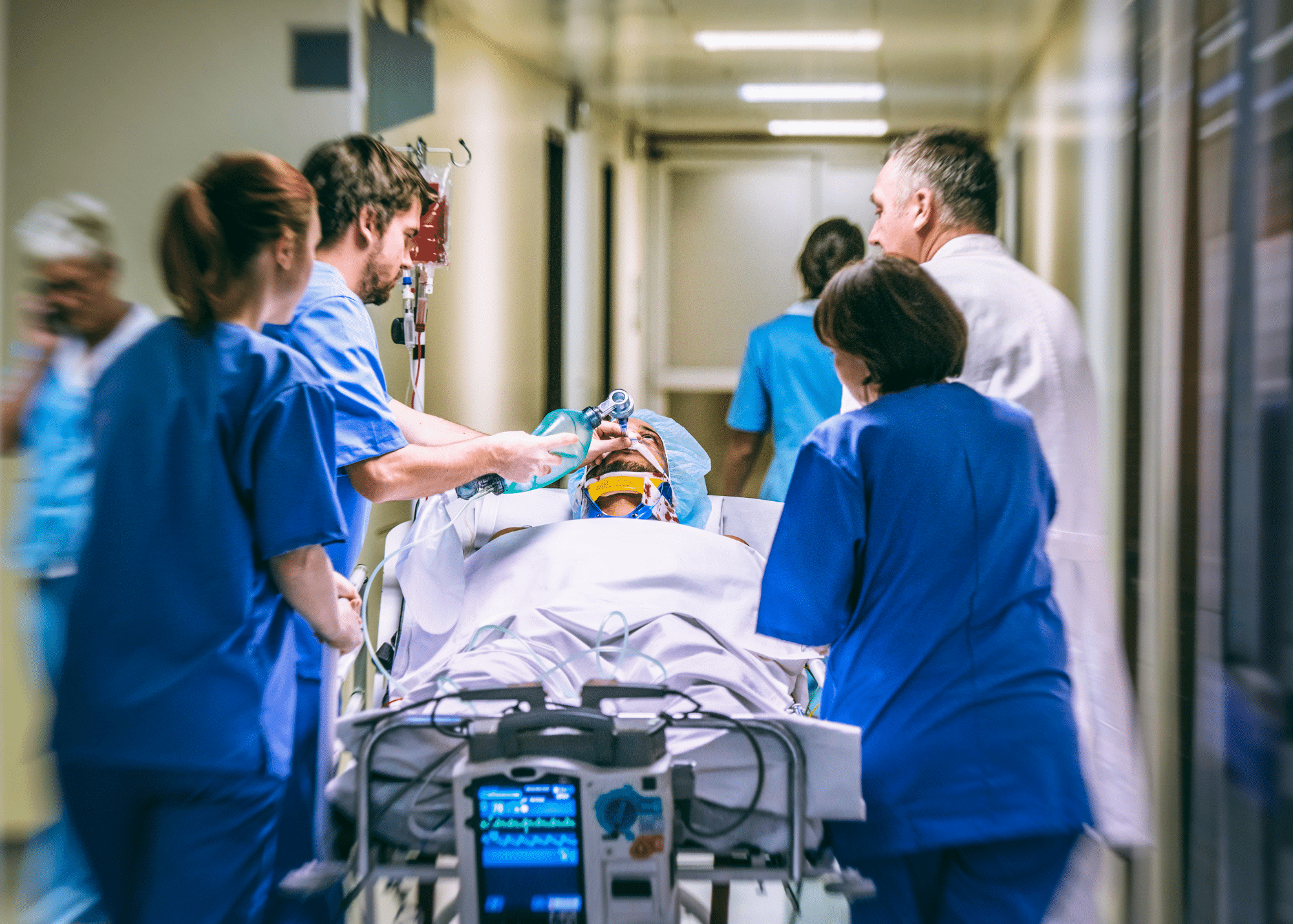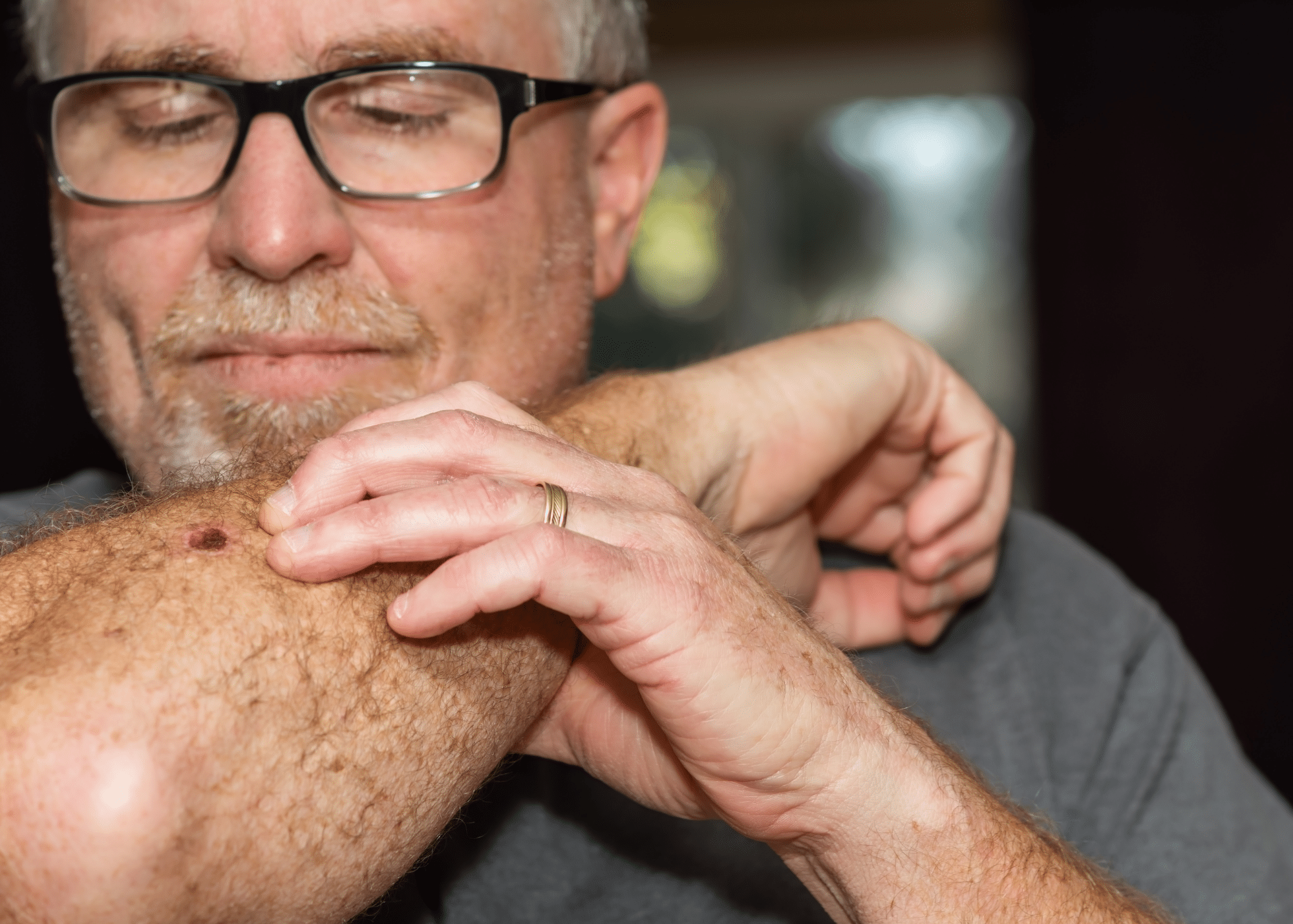
As a plastic surgeon, I often encounter patients who are curious about various surgical procedures related to breast implants. One such procedure that frequently comes up in discussions is a capsulectomy. Drawing from the recent Consensus Statement from the Breast Surgery Collaborative Community (BSCC), we’ll shed light on the capsulectomy procedure and its medical indications.
What Is A Capsulectomy?
A capsulectomy is a surgical procedure that involves removing the capsule, the fibrous tissue that naturally forms around a breast implant. This capsule can sometimes cause complications, prompting the need for surgical intervention. The procedure can vary based on the extent and method of removal, and it is essential to understand the different terminologies used to describe these variations.
- En Bloc Capsulectomy: This procedure involves removing the breast implant and the surrounding capsule as a single unit, along with a margin of uninvolved tissue. It is specifically indicated for the treatment of suspected or established breast implant-associated cancers, such as breast implant-associated anaplastic large cell lymphoma (BIA-ALCL). It is performed after a thorough medical workup to ensure the safety and efficacy of the procedure.
- Total Intact Capsulectomy: We remove the entire capsule as a single unit without the additional margin of uninvolved tissue. This type of capsulectomy is suitable for addressing issues like capsular contracture or ruptured implants when there is no suspicion of cancer.
- Total Capsulectomy (Total Precise Capsulectomy): This entails completely removing the breast implant capsule, but not necessarily in one piece or as a single unit. Similar to the total intact capsulectomy, we use this procedure for non-cancer-related issues such as capsular contracture or ruptured implants.
- Partial Capsulectomy: This involves removing part of the breast implant capsule, leaving some of the capsule tissue behind. Partial capsulectomy may be performed when it is deemed safe to leave some capsule tissue, often in less severe capsular contracture or minor implant-related issues.
When Is A Capsulectomy Needed?
While some women and their surgeons advocate for elective explant procedures always to include capsule removal, arguing that it is dangerous to leave the capsule in, current evidence and expert consensus do not universally support this claim. The indication for an en bloc capsulectomy is limited to cases involving suspected or established breast implant-associated cancers after appropriate medical workup.
There is no definitive evidence suggesting that the removal of the capsule in all cases prevents future complications or breast implant-associated cancers. In fact, the BSCC notes that a capsulectomy, particularly when not medically indicated, carries its risks and does not guarantee the prevention of future issues. Therefore, removing the capsule should be individualized, considering the patient’s specific circumstances, medical history, and your plastic surgeon’s professional judgment.
Based on current recommendations, here are the primary indications for considering this surgical procedure:
- Capsular Contracture: This is one of the most common reasons for a capsulectomy. Capsular contracture occurs when the capsule tightens and hardens around the implant, causing pain, discomfort, and aesthetic deformities. A capsulectomy is necessary in severe cases to remove the hardened tissue and alleviate symptoms.
- Ruptured Implant: When a breast implant ruptures, the silicone gel or saline can leak into the surrounding tissue, leading to complications, a capsulectomy helps remove the ruptured implant and the associated capsule, preventing further issues.
- Abnormalities or Suspected Abnormalities of the Capsule: Any unusual changes in the capsule, such as thickening, calcification, or irregularities, might necessitate a capsulectomy. These changes could indicate potential complications or the early signs of more severe conditions.
- Breast Implant Illness and Autoimmune/Inflammatory Syndrome Induced by Adjuvants (ASIA): Breast Implant Illness (BII), sometimes linked to Autoimmune/Inflammatory Syndrome Induced by Adjuvants (ASIA), refers to a constellation of symptoms such as fatigue, chronic pain, cognitive dysfunction, and autoimmune issues that some individuals report after receiving breast implants. Read more about breast implant-associated illness in my recent article, “Is Breast Implant Illness Real? A Critical Look At The Evidence.”
The Importance of Consulting a Specialist
When considering a capsulectomy, it is vital to consult with a board-certified plastic surgeon who specializes in breast surgery. These specialists have the expertise and experience to evaluate your situation and recommend the most appropriate action. A specialist can also provide the latest information on surgical techniques and advancements, ensuring you receive the best care.
Post-Capsulectomy Considerations
If you decide to undergo a capsulectomy, understanding the post-surgery considerations is crucial for a smooth recovery and long-term health:
- Follow-Up Care
- Regular follow-up appointments with your surgeon are essential to monitor your recovery and address any concerns that may arise. These appointments will help ensure that your healing process is on track and that there are no complications.
- Imaging Surveillance
- Continued imaging surveillance is necessary, especially for patients with a history of textured implants. This ongoing monitoring helps detect any early signs of complications or potential issues requiring further intervention.
- Lifestyle Adjustments
- Depending on the extent of your surgery and your overall health, you may need to make certain lifestyle adjustments during your recovery. Your surgeon will provide specific guidelines tailored to your situation, ensuring you achieve the best possible outcome.
- Emotional Support
- Undergoing a capsulectomy can be an emotional journey. Seeking support from family, friends, or professional counselors can help you navigate the emotional aspects of the recovery process. Sharing your experiences and concerns with others who have undergone similar procedures can provide valuable insights and reassurance.
Frequently Asked Questions
What is a capsulectomy?
A capsulectomy is a surgical procedure to remove the capsule of fibrous tissue that forms around a breast implant.
Why might I need a capsulectomy?
You might need a capsulectomy due to complications such as capsular contracture, ruptured implants, or abnormalities in the capsule.
What are the different types of capsulectomy?
The types include en bloc capsulectomy, total intact capsulectomy, total capsulectomy, and partial capsulectomy.
How do I decide if a capsulectomy is right for me?
Deciding on a capsulectomy involves discussing your medical history, symptoms, and concerns with a board-certified plastic surgeon who specializes in breast surgery.
What are the risks of a capsulectomy?
Risks include surgical complications, infection, and the uncertainty of preventing future breast implant-associated cancers.
What should I expect during recovery?
Recovery involves regular follow-up care, imaging surveillance, potential lifestyle adjustments, and emotional support.
So, Is A Capsulectomy Right For You?
The decision to undergo a capsulectomy should always be made in collaboration with your surgeon, considering your unique medical history and personal concerns.
If you have any questions or concerns about your breast implants or are experiencing symptoms that might require a capsulectomy, don’t hesitate to reach out to your plastic surgeon. Together, you can explore the best options for your health and well-being, ensuring you receive the care and support you need.
Remember, your health and peace of mind are paramount. Make informed decisions, stay vigilant with follow-up care, and always prioritize open communication with your plastic surgeon.
Book A Capsulectomy Consultation With Plastic Surgeons of Northern Arizona
Our award-winning, board-certified plastic surgeons specialize in an extensive range of cosmetic and reconstructive procedures. Book a consultation today at our Flagstaff, Sedona, Cottonwood, Prescott Valley, or Kingman, Arizona offices.
Author Profile: Brian Cripe, M.D., is an award-winning, board-eligible plastic and reconstructive surgeon proudly working with the Plastic Surgeons of Northern Arizona practice. Dr. Cripe specializes in cosmetic surgery, limb salvage, peripheral nerve microsurgery, hand surgery, and oncologic reconstructive procedures. He has performed over 5,000 surgical cases during his nine-year tenure as a surgeon.




